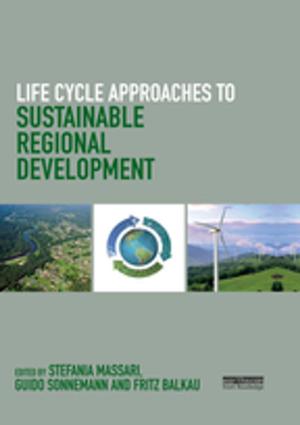Policing: Toward an Unknown Future
Nonfiction, Social & Cultural Studies, Social Science, Crimes & Criminals, Criminology| Author: | ISBN: | 9781317981855 | |
| Publisher: | Taylor and Francis | Publication: | December 16, 2013 |
| Imprint: | Routledge | Language: | English |
| Author: | |
| ISBN: | 9781317981855 |
| Publisher: | Taylor and Francis |
| Publication: | December 16, 2013 |
| Imprint: | Routledge |
| Language: | English |
The enclosed papers are the culmination of a project Dr. John Crank and Dr. Colleen Kadleck carried out assessing issues facing the police into the early 21st century. The papers are future oriented, in the sense that they anticipate trends visible today. Everywhere, the contributing scholars found that the organizational concept, practice, and function of the police were undergoing transition. Yet, the seeming state-level hardening of the police function was ubiquitous. Two themes were noteworthy. On the one hand, in developing or ‘second world’ countries, police face endemic problems of corruption, organized crime, and drugs. Police, in response, are undergoing centralization and intensification of law enforcement activities. In countries with first world economies – Canada, the United States, and Australia – contributors discovered trends toward expansion of the police function, a trend described by Brodeur as toward 'high policing'. It reflects the growing reliance on surveillance for crime control and for the tracking of minority, indigenous, and immigrant populations in crime prevention efforts. The results suggest that governments, sometimes encouraged by their citizenry, seem increasingly to rely on the police to deal with a broad array of social as well as criminal problems.
This book was originally published as a special issue of Police Practice and Research.
The enclosed papers are the culmination of a project Dr. John Crank and Dr. Colleen Kadleck carried out assessing issues facing the police into the early 21st century. The papers are future oriented, in the sense that they anticipate trends visible today. Everywhere, the contributing scholars found that the organizational concept, practice, and function of the police were undergoing transition. Yet, the seeming state-level hardening of the police function was ubiquitous. Two themes were noteworthy. On the one hand, in developing or ‘second world’ countries, police face endemic problems of corruption, organized crime, and drugs. Police, in response, are undergoing centralization and intensification of law enforcement activities. In countries with first world economies – Canada, the United States, and Australia – contributors discovered trends toward expansion of the police function, a trend described by Brodeur as toward 'high policing'. It reflects the growing reliance on surveillance for crime control and for the tracking of minority, indigenous, and immigrant populations in crime prevention efforts. The results suggest that governments, sometimes encouraged by their citizenry, seem increasingly to rely on the police to deal with a broad array of social as well as criminal problems.
This book was originally published as a special issue of Police Practice and Research.















